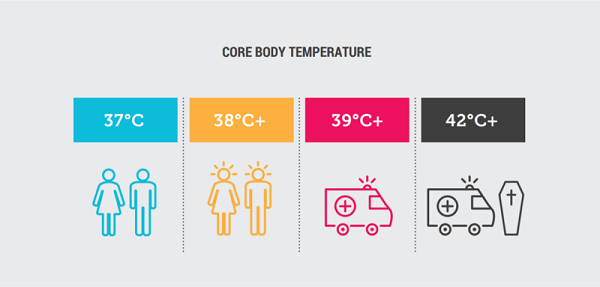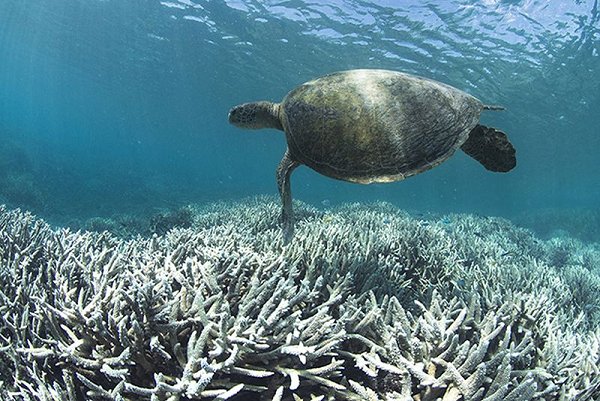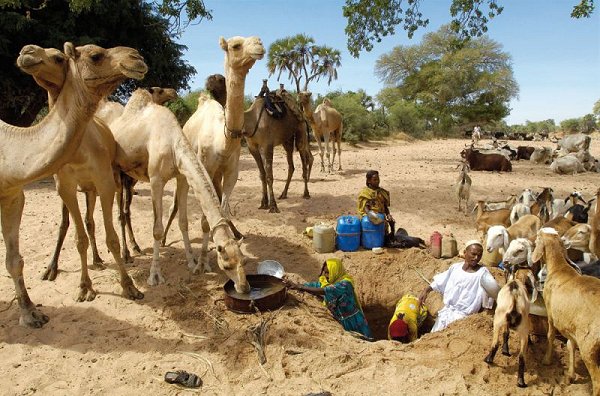Impacts on human and eco-system
Global Climate Change |
|||
| |||
Climate change affects humans as well as ecosystems. Hot and humid heat episodes can be deadly and are associated with elevated hospital intake. Elevated night-time temperatures prevent the human body from experiencing relief from heat stress. Extreme heat also exacerbates asthma, respiratory difficulties, and response to airborne allergens such as hay fever. Daily mean temperature exceedances of a typical 21.5°C threshold for a successful incubation of disease pathogens inside many mosquito vectors will be crossed much more frequently, potentially driving increases in the incidence of vector-borne diseases.
Source: Climate Commission 2011
Marine heatwaves push water temperatures above key thresholds and have been associated with coral bleaching episodes, species shifts, and harmful algal blooms that can disrupt ecosystems and human health. Ocean acidification is impacting marine organisms, especially organisms that build calciferous shells and structures (e.g., coral reefs).
Source: XL Catlin Seaview Survey
Changes in precipitation, glacier runoff and snowmelt influence the water, food and energy security of many regions. Warming alters suitable cultivation zones for crop species, phenology, insect generation cycles, and pest outbreaks. Warmer conditions and altered seasonality modify the range and metabolism of some pollinators.
Source: World Meteorological Organization
|
|||
|
|


